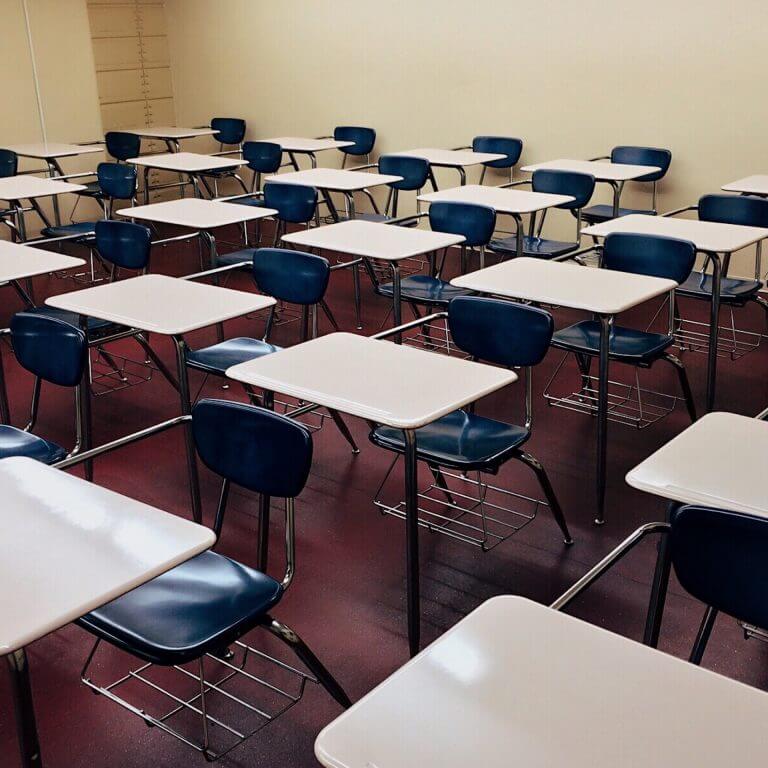Education
All children are entitled to a safe and supportive educational environment that is conducive to learning. Unfortunately, many of our young people—whether in traditional schools, residential treatment facilities, or youth justice placements—are not provided the education they need to become successful adults. Stoneleigh invests in efforts that ensure youth complete their education with the knowledge, skills, and experiences they need to thrive.
Strategies
- Keep youth in school
Students disengage from school when they feel unsafe or when their needs are not being met. We support efforts to ensure students with different abilities receive the individualized special education services to which they are entitled. We also invest in trauma-informed strategies to prevent students from being bullied, excluded, or harmfully disciplined. In addition, we seek to address challenges that prevent youth from focusing on their education—such as poverty, housing instability, or family issues—which often disproportionately impact students of color. - End the school-to-prison pipeline
Exclusionary, zero-tolerance discipline practices often serve as a pathway into the justice system, particularly for youth of color and youth with different abilities. Rather than relying on suspensions, expulsions, and arrests, we believe in employing strategies that address the root causes of young people’s behavior. These may include restorative discipline practices and approaches that divert youth from school-based arrests. - Ensure equal access to quality education
Young people who are educated in non-traditional settings, such as disciplinary schools, congregate care, and residential treatment or youth justice facilities, are among our most vulnerable students. They often have special education needs and trauma histories that require personalized instruction and significant learning supports. We invest in collaborative efforts with the child welfare, youth justice, health, and education systems to ensure these young people get the instruction and supports they need. While we believe that students should be educated within their home communities whenever possible, we also support work to ensure young people returning from residential placements are able to transition successfully back into their local schools. - Provide skills to successfully transition to adulthood
Many young people who have been involved in the child welfare or youth justice systems struggle to complete their education and find stable employment. We invest in efforts to ensure these youth receive the assistance they need to become successful adults, including access to public benefits, vital documents, affordable housing, and higher education or employment training.
Related Fellows







